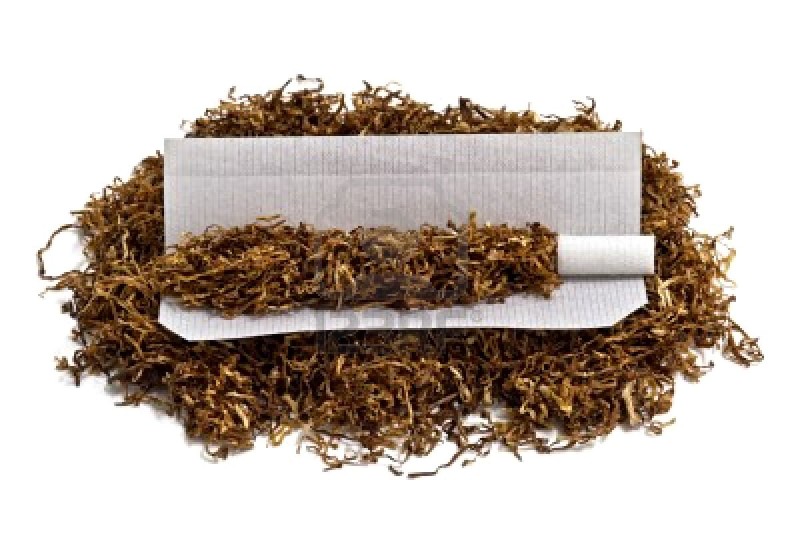That the Federal Government hiked the import duty on tobacco is no doubt cheery news. The wider implication of the policy, announced by Finance Minister, Ms. Kemi Adeosun, is that imported tobacco products flooding the country would no longer be cheap and, on the long run, not easily accessible to the class of society that the tobacco industry wants to addict.

While announcing the new rates, the minister had listed other products that would also be subject to the upward cost adjustment that will follow. They include rice, cassava, sugarcane, salt and categories of products identified as “luxury”.
Pundits would however insist that, without corresponding special levies and high excise on locally-produced tobacco products, the purpose of the initiative is dead on arrival.
This argument emanates from the belief that the ministries of finance and health may not have worked in harmony to ensure that while the nation generates revenue to pay salaries and implement capital projects, the health of the citizenry is not jeopardised. In unveiling a policy that could best be described as a revolving door, the government seems to have opened a wider door which indigenous tobacco firms have jumped into.
Evidence abounds that price increases on cigarettes effectively reduce demand and this on the long run induces cessation and initiation of tobacco use. This can however be achieved if price and tax measures are implemented holistically.
The World Health Organisation (WHO) which says that about six million deaths occur annually from tobacco consumption has consistently told governments that advertising bans and smoke-free public places discourage potential and even existing smokers. It asserts however that tax policies have proven to be the most potent initiative in this regard.
Some of the recommended taxes are excise taxes, value added taxes (VAT) or general sales taxes and import duties. Of these, it states that tobacco-product excise taxes are most important for achieving the health objective of reduced tobacco consumption since they are uniquely applied to tobacco products and raise their prices relative to the prices of other goods and services.
It is in this light that the call by public health for the immediate introduction of special levies and taxes on indigenous products in Nigeria would seem very appropriate and sensible if the government indeed prioritises health of its citizens over revenue.
This is particularly true when viewed from the prism that most of the tobacco products sold in Nigeria emanate from multinational companies that have relocated from their former bases in Europe where civilised laws have been introduced to significantly curb their reach for the lungs of citizens.
Unfortunately, in Nigeria and indeed across Africa, they have been welcomed with open arms and no form of regulation hence they see the continent as very “friendly”.
Their perception of “friendly” could however be interpreted without mistake to mean weak laws, public officials that are compromise-able, and a huge untapped market in the youth population. Nigeria, with a population of over 170 million people, most of whom are youths, therefore presents such a market.
It is anticipated that the Nigerian government would review the recently-announced hike in import duty on such a lethal product by extending it to cover indigenous tobacco products that are primed to cause more harm, increase the health burden and further decimate a population already reeling from a growing cancer epidemic.
Revenues from tobacco taxes would go a long way in assisting government fund public health schemes. In the United States it is believed that every state that has significantly increased its cigarette tax has enjoyed substantial increases in revenue. The average state cigarette tax in US is $1.69 per pack, with rates varying widely from 17 cents in Missouri to $4.35 in the city of New York.
For Nigeria, this should be a lesson as, on the long run, the multiplier effects would include a cleaner environment and a healthier citizenry.
By Okiemute Henry (public health advocate based in Warri, Delta State)
